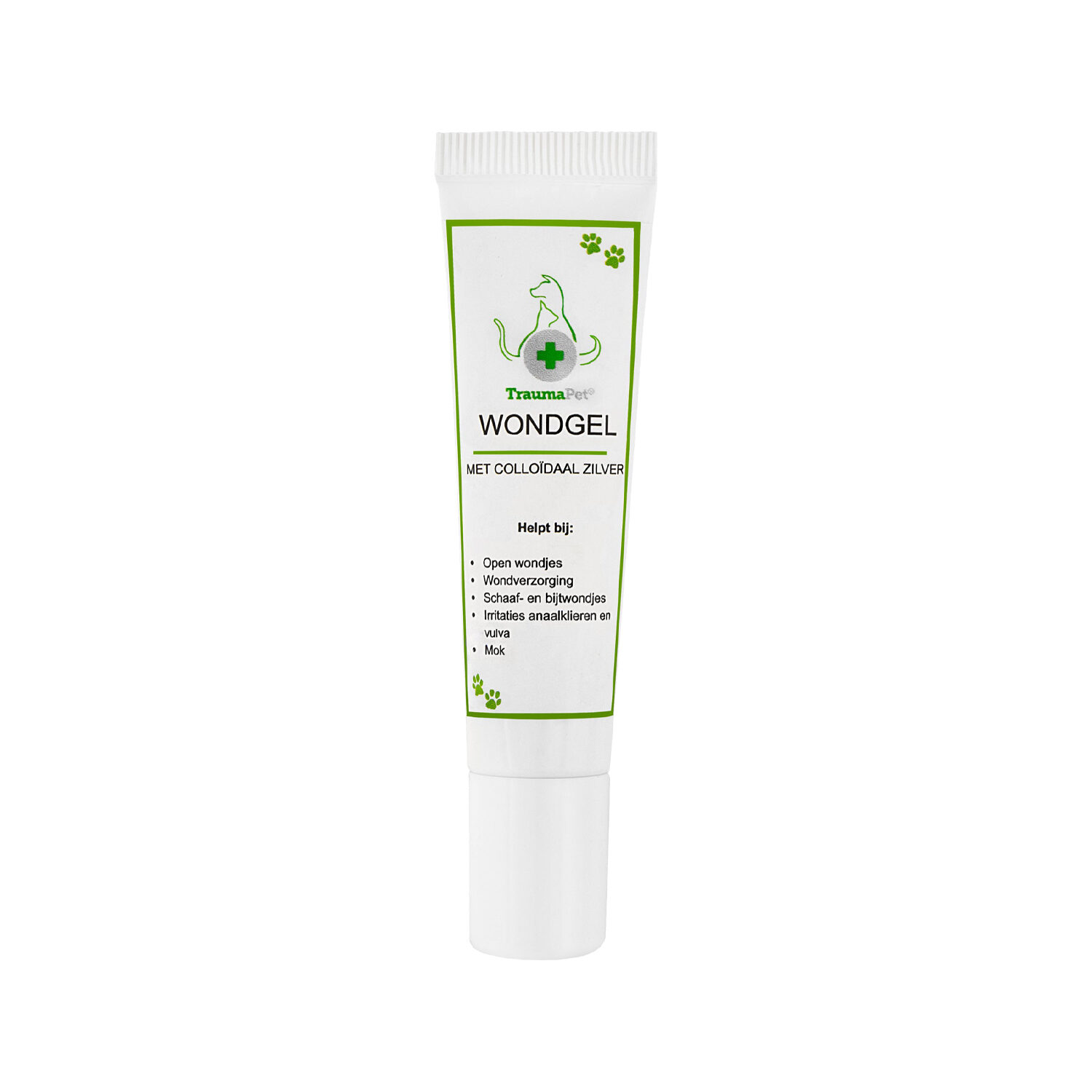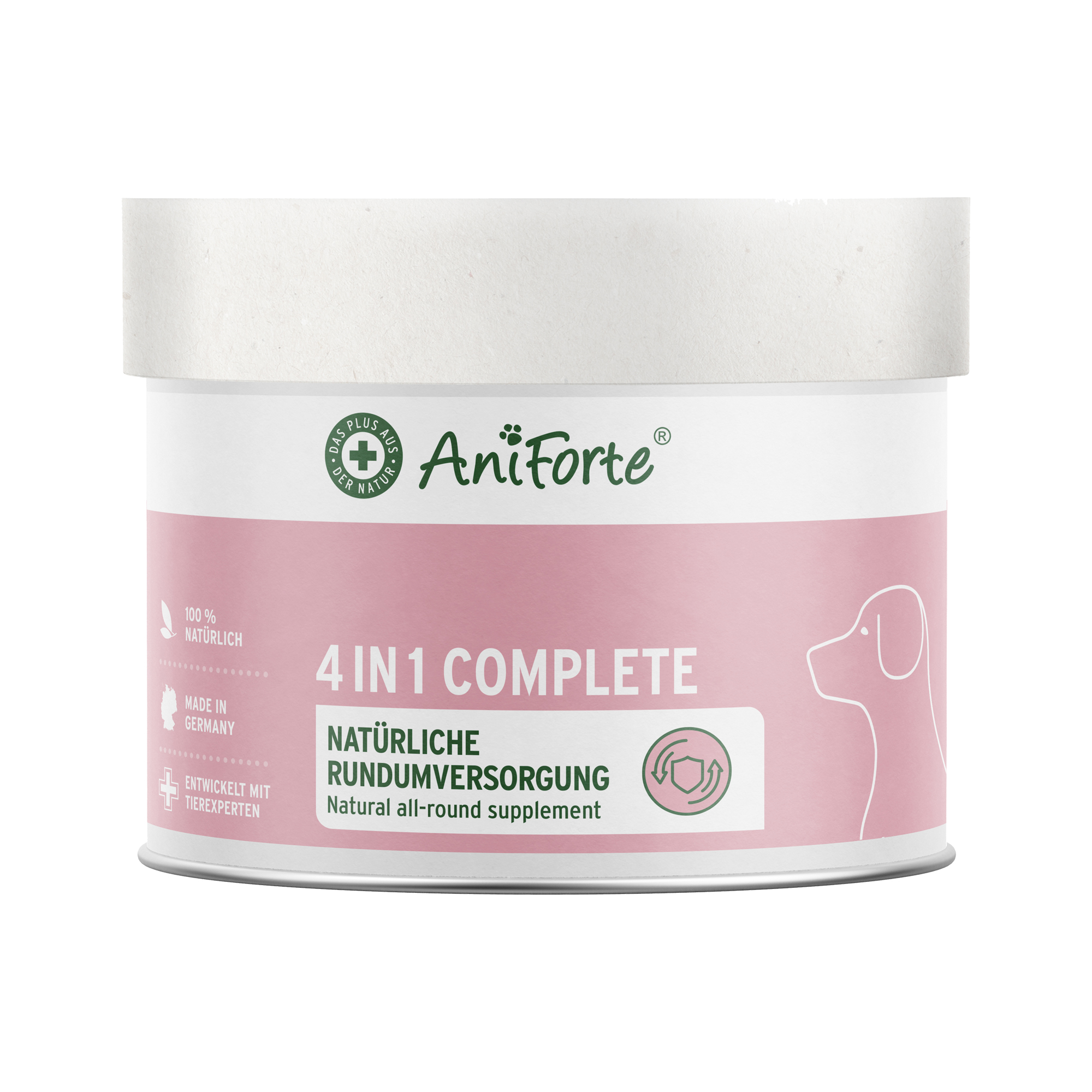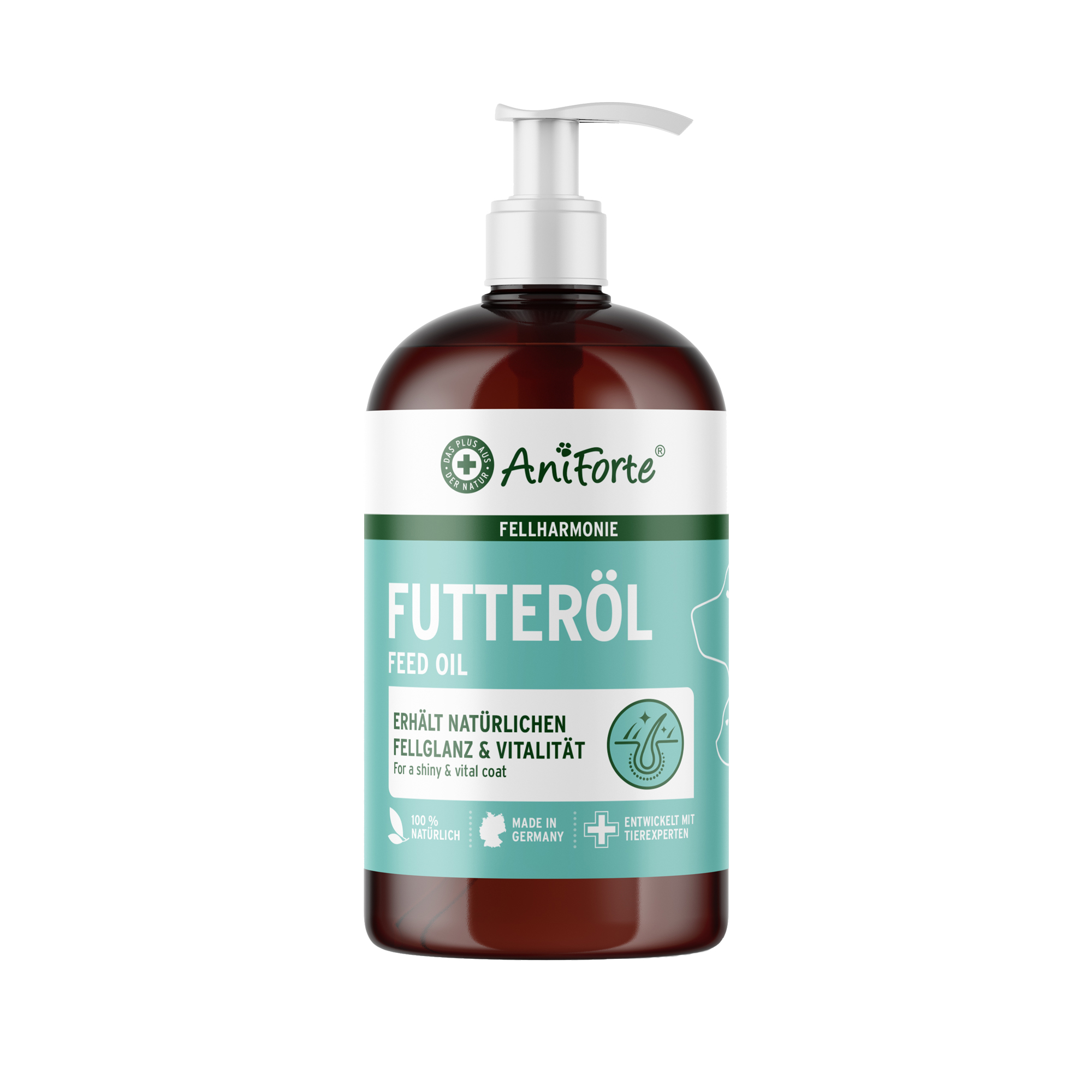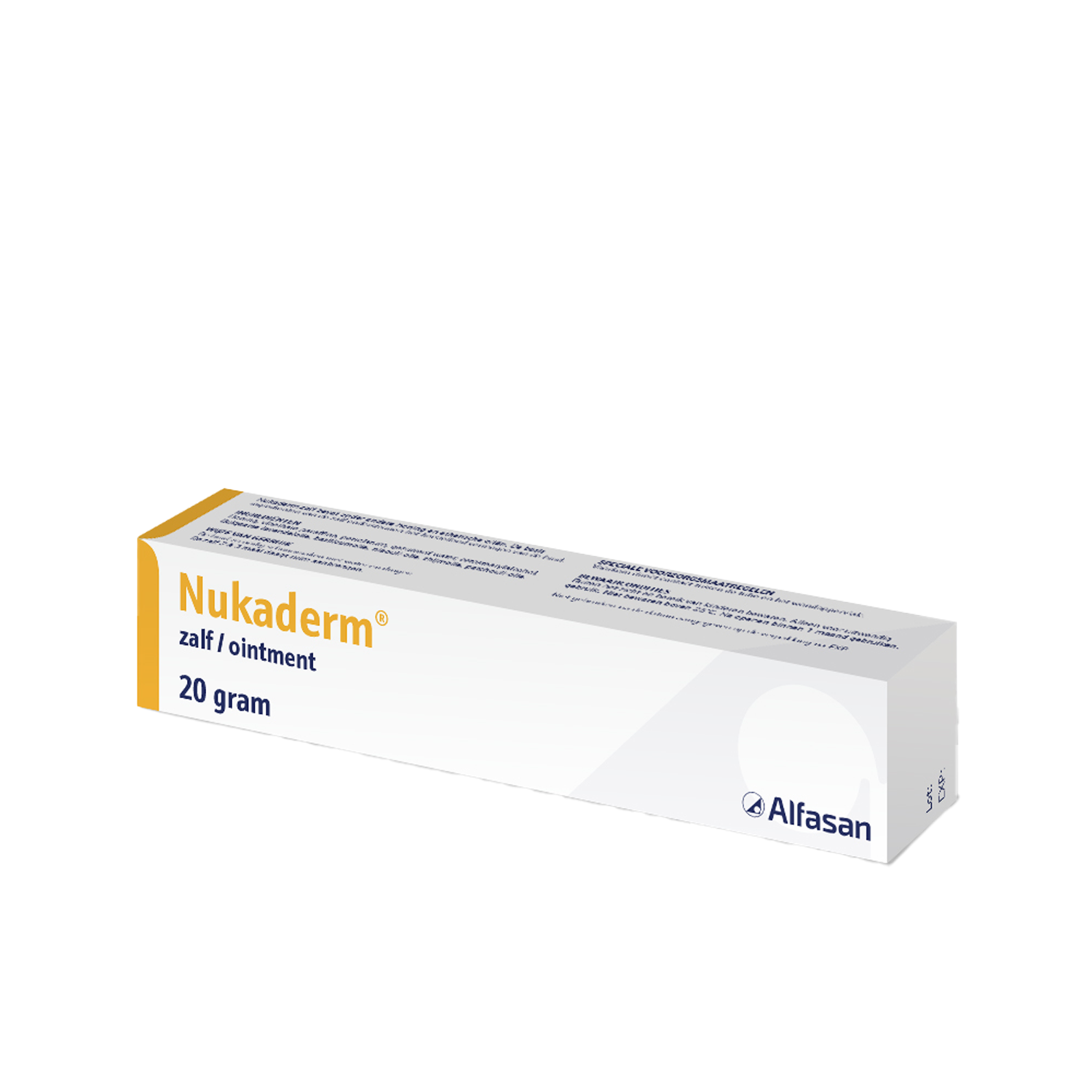Recognising Skin and Fur Problems
There are different symptoms that allow you to recognise whether your dog is suffering from skin or fur problems. These symptoms include itching, a rash, bald spots, wounds, dander, eczema and redness or discolouration of the skin. The itching and irritation caused by skin or fur problems can lead to your dog suddenly starting to lick their paws with increasing frequency or shaking their head. Bad body odour or dull fur can also indicate a skin problem.
Causes of Skin and Fur Problems
There are many different causes of skin or fur problems, including:
Fleas, Ticks and Mites
Dogs are commonly plagued by small parasites such as fleas, ticks and mites. Fleas and flea bites cause extreme itching in dogs and some can even be allergic to the actual flea bites. Once dogs start intensively licking or scratching them, a hotspot could arise. Furthermore, mites can cause skin problems such as mange.
Fungi
Fungi are another common cause of skin problems that can be contagious to their owners. The symptoms for fungal infection can be very general, but identifiable symptoms include dander, loss of hair and bald spots.
Diet
Food can cause skin or fur problems in sensitive dogs that have a food intolerance or are allergic to certain nutrients. In many cases the dog reacts to one or more different types of animal protein and, less commonly, to a certain source of carbohydrates. Symptoms of dietary allergy include itching, redness and irritation. Changing diet can prevent the issue from continuing or recurring but the new diet must be adhered to strictly for at least six to eight weeks. If there is an improvement and the symptoms have gone, the diet should be adhered to for the rest of the dog’s life.
Atopic Syndrome
Like people, dogs can be overly sensitive to particles in their environment, this is commonly called atopic syndrome and causes skin problems. Atopy is a collective term for a multitude of skin problems caused by an allergic reaction to certain allergens (particles in the environment). Allergens can be seasonal, like pollen and grass seeds or year-round, like dust mites and dander. Dogs are more likely to suffer from atopic syndrome than cats.
Endocrine Skin Disorders
Endocrine (or hormonal) disorders can lead to skin problems and are usually caused by the thyroid or adrenal glands.
Treatment
There are many different treatments available that can help care for your dog’s skin, coat and fur if they suffer from itching, fungi, allergies, a rash or eczema. Treatments include specialised shampoos that counteract skin disorders and soothe sensitive skin. To support the skin, providing your dog with extra omega 3 fatty acids is very useful, for example by using special oils (such as Grizzly Salmon Oil). Adjusting your dog’s diet to a healthy and specialised one can also help treat symptoms such as hair loss or a rash. If you do not see any improvement in your dog’s skin, coat or fur, contacting your veterinarian is highly recommended. They will be able to determine the exact cause of the problem and prepare a suitable treatment plan.




























